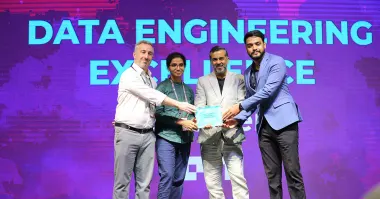What’s the challenge?
Chemists fail often, they need to know early on whether they are on the wrong track and switch course. To assess their progress, they need a straight path to the right insights and data. But “the more successful you are, the less time you have,” a professor told us. Aside from administrative work, chemists must switch between tools, copy-and-paste information, and repeat similar tasks for varying purposes, undermining their productivity.









